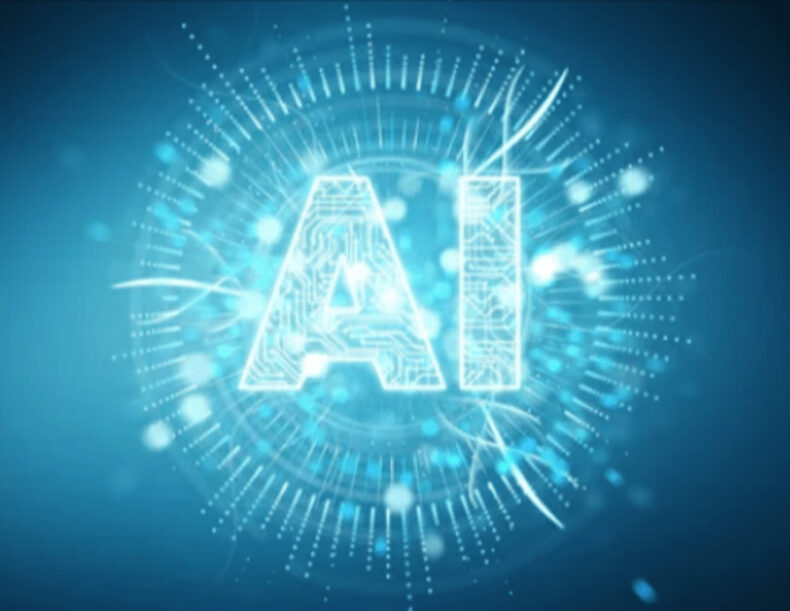Tech titans united this week after more than a dozen of the business’s most senior executives came together for the AI insights meeting, which was also joined by Microsoft co-founder Bill Gates, Sam Altman of OpenAI, Satya Nadella of Microsoft, and Jensen Huang of Nvidia.
Table of Contents
AI Insights Forum
Elon Musk foresaw the dangers that AI posed to civilization. Google’s Sundar Pichai emphasized the technology’s ability to tackle issues with health and power.
Additionally, Meta’s Mark Zuckerberg underscored the significance of transparency and openness in AI systems.
In a three-hour discussion about artificial intelligence and upcoming laws in the AI insights forum, the tech firms engaged legislators in Washington. Sen. Chuck Schumer, D-New York, the majority leader, convened the event, known as the AI Knowledge Forum, as a part of an in-depth seminar on AI for Congress.
Tech Titans United
It was a rare convening of over 12 senior tech leaders in a single setting, including Microsoft co-founder Bill Gates, Sam Altman of OpenAI, Satya Nadella of Microsoft, and Jensen Huang of Nvidia.
It equated to one of the corporate community’s most prominent displays of power in the capital as companies compete to lead the advancement of AI and exert control over its course.
The event marked a year of significant progress in AI. Legislators and policymakers have been discussing how machine learning can change jobs, disseminate erroneously, and possibly produce its own type of intelligence ever since ChatGPT, an AI-powered bot, sprang to prominence in 2022.

The United States has lagged behind Europe in developing legislation to control AI. However, the White House, Congress, and governing bodies have begun to react to the excitement in recent months with AI protections and other steps.
The White House has held numerous talks with executives in technology and is expected to issue a directive on AI this year. It came to light this week that a total of 15 businesses consented to voluntary safety and security criteria for their AI technologies, including independent security evaluations.
Moreover, a Senate Judiciary panel held a session on AI laws on Tuesday with the president of Microsoft and the principal scientist of Nvidia.
Sens. Josh Hawley (R-Mo.) and Richard Blumenthal (D-Conn.) also unveiled a structure for the AI bill this week, calling for a separate office to monitor the innovation as well as licensing regulations and security standards.
In the Kennedy Caucus Area, where, Schumer welcomed 22 guests on Wednesday. These people presented evidence in front of dozens of legislators.
The tech executives gave introductory remarks and participated in a conversation that Schumer facilitated in the private meeting. He has stated he will depend on academics, public interest entities, and Silicon Valley executives to help members of Congress brush up on their digital abilities.
Disagreements among the Leaders
According to Karp, CEO of Palantir, the government should promote AI in the field of defense, which includes his business’s primary clients, according to Karp.
The majority of the leaders agreed that AI has to be governed because of its transformative yet hazardous repercussions.
However, disagreements among the leaders were also seen during the forum. For example: Zuckerberg prioritized AI research and development that is free and open-source which implies that the public can access the coding source of the core systems that use AI.
On the other hand, according to Anthropic, Google, and OpenAI, open-source software can let intruders get past security obstacles to circulate false information and other unsafe materials.
One of the most vociferous about the risks was Elon Musk, who has called for a moratorium on some AI creations while nonetheless moving on with his own AI projects. He envisioned a technological fatal catastrophe.













